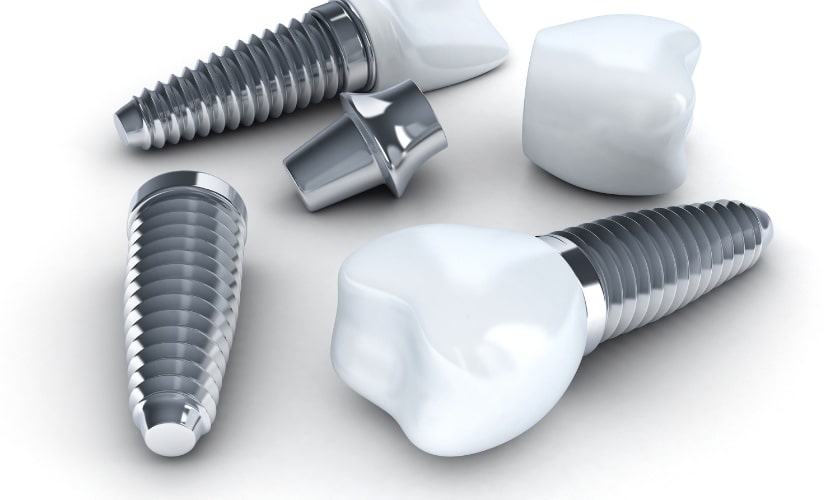
Welcome to our blog, where we uncover the missing link in dental implantation: abutments! If you’ve ever had a dental implant or are considering one, understanding the crucial role of abutments is key. These small but mighty components play a vital part in ensuring the success and longevity of your implants. So let’s dive into this fascinating world and discover why abutments matter when it comes to achieving that perfect smile!
The Role of Abutments in Dental Implantation
The role of abutments in dental implantation cannot be overstated. These small but crucial components serve as the link between your implant and the prosthetic tooth, ensuring a secure and functional connection.
One of the primary functions of abutments is to provide stability to the dental crown or bridge. By securely attaching them to the implant, abutments prevent any movement or displacement of the artificial teeth. This stability is essential for proper chewing and speaking, allowing you to enjoy all your favorite foods without worry.
Abutments also play a vital role in maintaining healthy gum tissue around the implant area. They are designed with contours that promote proper gum growth and prevent bacteria from accumulating around the implant site. This helps reduce the risk of infection and ensures long-term oral health.
Another important aspect is aesthetics – abutments contribute to creating a natural-looking smile by providing support for lifelike crowns or bridges. With their precise fit and customization options, they help achieve optimal alignment, shape, color, and size for seamless integration with your existing teeth.
Different Types of Abutments and Their Functions
Abutments play a crucial role in dental implantation, as they serve as the vital link between the dental implant and the prosthetic tooth or crown. These small but mighty components come in different types, each with its own unique function.
One common type of abutment is the stock or prefabricated abutment. As the name suggests, these abutments are pre-made and readily available for use. They offer convenience and time-saving benefits for dentists during procedures.
Another type is custom abutments, which are specifically designed to match an individual patient’s mouth anatomy and implant position. Custom abutments provide a more precise fit and better aesthetic results since they can be tailored to blend seamlessly with natural teeth.
Implant-supported dentures often require bar-retained or ball attachment abutments. These types of abutments allow for secure attachment of removable dentures to implants, providing stability while still allowing easy removal for cleaning.
Benefits of Properly Placed and Fitted Abutments
The role of abutments in dental implantation cannot be overstated. These small but crucial components serve as the missing link between the implant post and the prosthetic tooth or crown. By providing stability, support, and aesthetics, abutments play a vital role in ensuring long-term success and satisfaction with dental implants.
Different types of abutments are available to meet individual patient needs and treatment goals. From stock abutments that offer convenience to custom-made options that provide optimal fit and function, dentists have various choices at their disposal. The selection process involves careful consideration of factors such as bone structure, gum tissue health, esthetics requirements, and patient preferences.
When properly placed and fitted by an experienced implants dentist, abutments offer numerous benefits. First and foremost is improved functionality – patients can confidently bite into their favorite foods without worrying about loose or unstable teeth. Moreover, proper alignment of the abutment ensures even distribution of biting forces across neighboring teeth.
Additionally, well-fitted abutments help maintain healthy gum tissues around the implant site by preventing bacterial invasion or irritation caused by ill-fitting components. This helps minimize inflammation or infection risks while supporting overall oral hygiene.
Another significant advantage is enhanced esthetics. Abutments can be customized to match the color and shape of adjacent natural teeth seamlessly for a more natural appearance. This not only boosts confidence but also contributes to a harmonious smile makeover.
Properly placed and fitted abutments also promote long-term success with dental implants by reducing stress on surrounding bone structures over time. By evenly distributing forces during chewing activities through an appropriately aligned restoration framework, they help prevent bone loss commonly associated with missing teeth.
It’s important to consult with an experienced implants dentist who understands your unique needs when considering dental implantation procedures involving abutments. A skilled professional will assess your oral health condition comprehensively before recommending suitable options tailored specifically for you.



